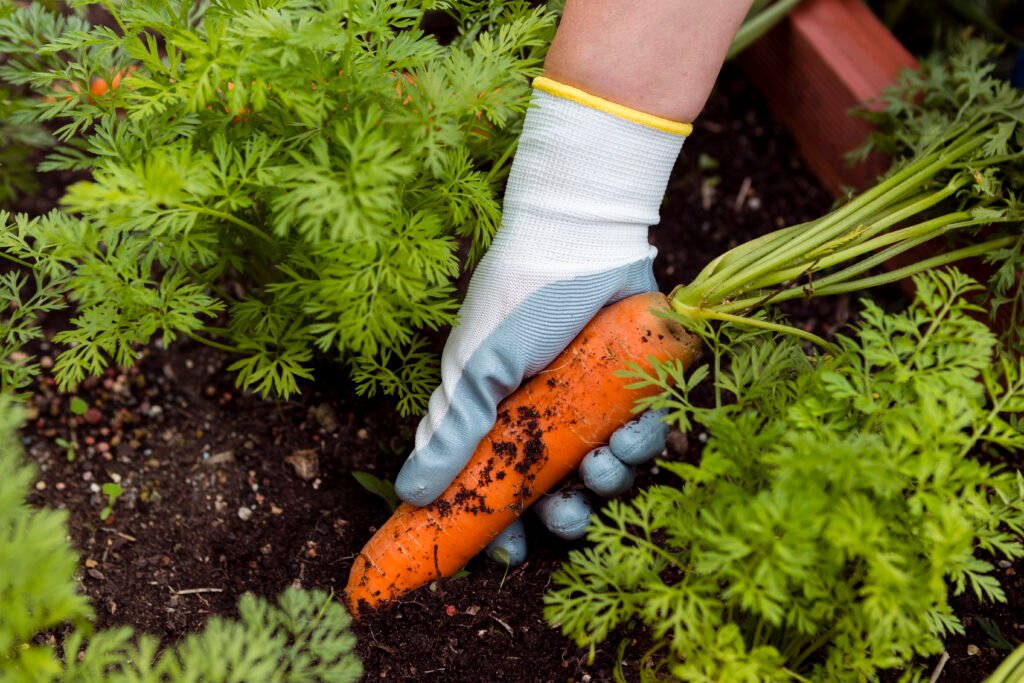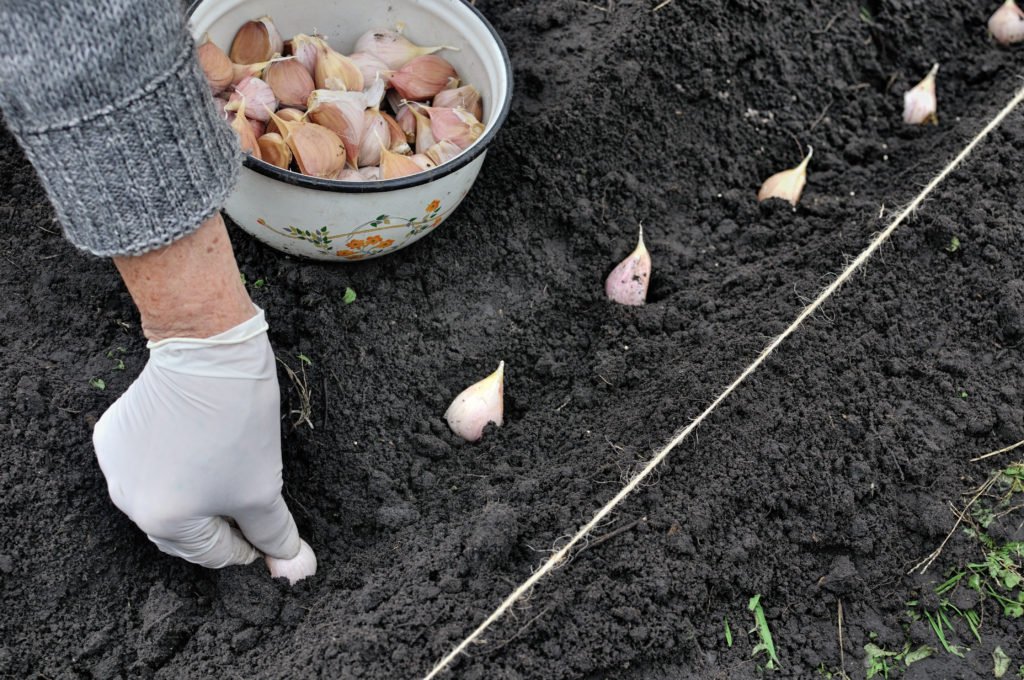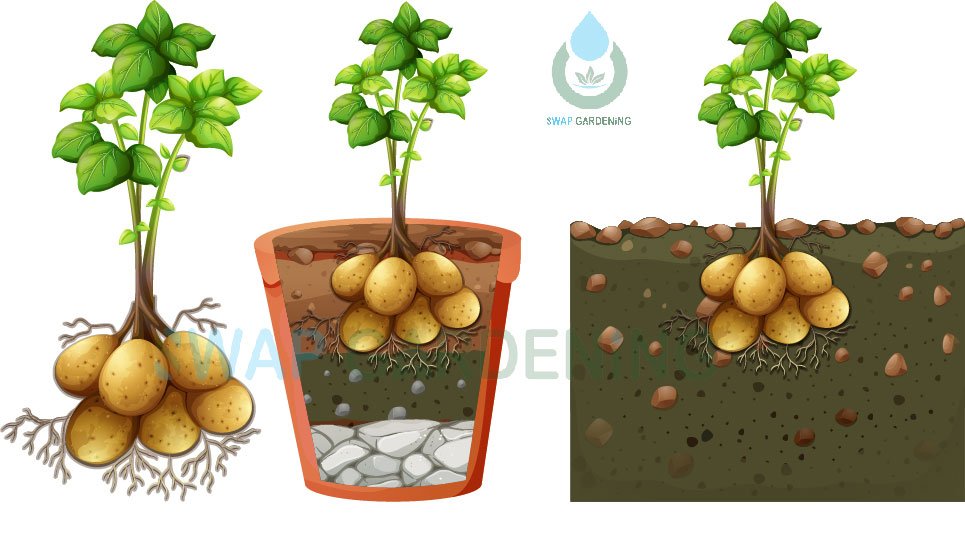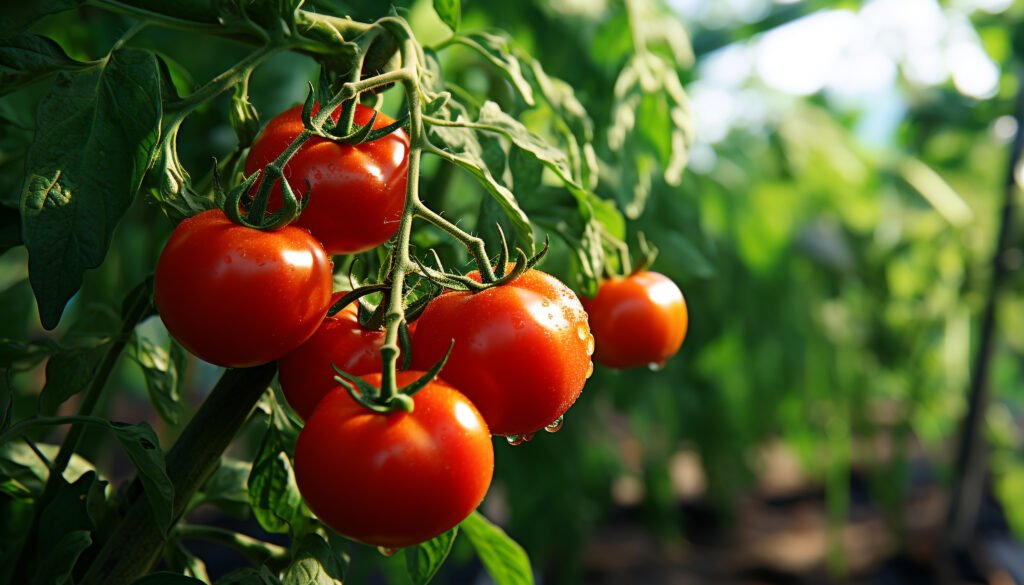Does Eggplant Need a Lot of Water? Essential Hydration Tips
Eggplant, also known as aubergine, is a popular vegetable in many cuisines around the world. It belongs to the nightshade family and is known for its deep purple color and unique taste. If you are planning to grow eggplants in your garden, you might be wondering how much water they need to thrive. Let’s explore the watering requirements of eggplants to help you grow a successful harvest.
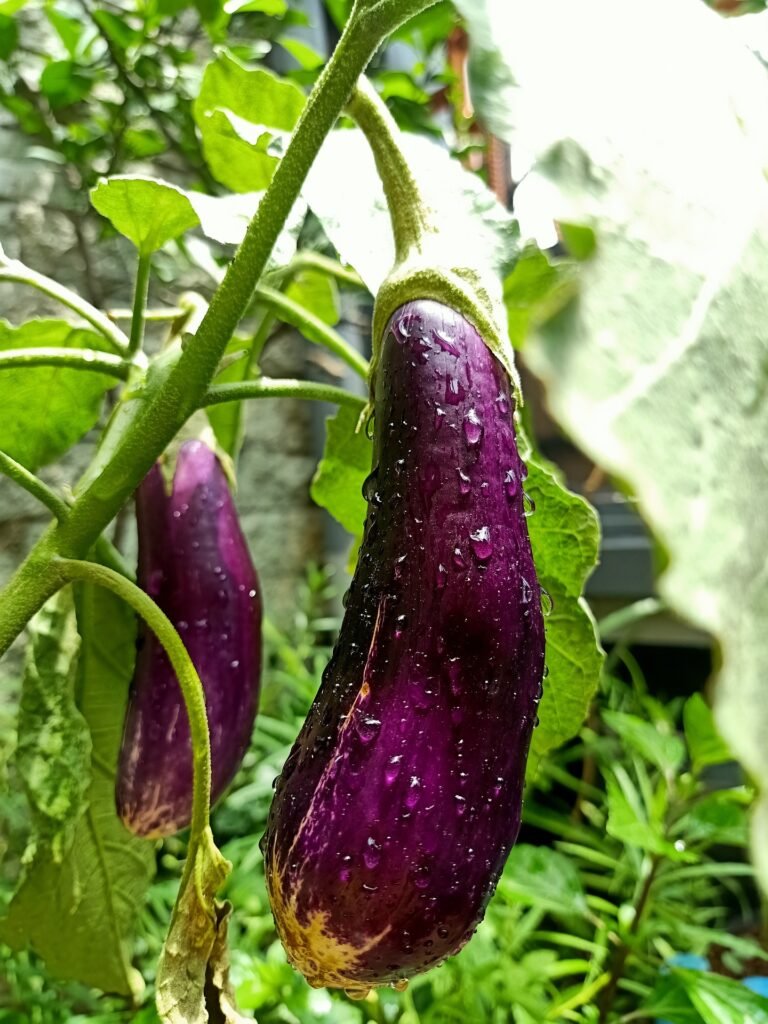
Watering Basics for Eggplants
Eggplants require a consistent supply of water to grow well and produce healthy fruits. However, it is essential to strike a balance and not overwater them, as they are susceptible to root rot in waterlogged soil. The key is to provide enough water to keep the soil evenly moist but not waterlogged.
How Much Water Do Eggplants Need?
On average, eggplants need about 1-2 inches of water per week. However, this can vary depending on factors such as temperature, humidity, and soil type. During hot and dry weather, eggplants may require more frequent watering to prevent the soil from drying out. It is essential to monitor the moisture level of the soil regularly and adjust your watering schedule accordingly.
Watering Tips for Growing Eggplants
Here are some tips to help you water your eggplants effectively:
- Water deeply: When you water your eggplants, make sure to water deeply to encourage the roots to grow deeper into the soil. Shallow watering can lead to shallow root systems, making the plants more susceptible to drought.
- Avoid overhead watering: Eggplant leaves are susceptible to fungal diseases, so it is best to water at the base of the plants to keep the foliage dry. This can help prevent diseases and promote healthy growth.
- Use mulch: Applying a layer of organic mulch around your eggplants can help retain soil moisture, reduce evaporation, and suppress weed growth. Mulch also helps regulate soil temperature, creating a more favorable environment for your plants.
- Water in the morning: Watering your eggplants in the morning allows the plants to take up the water they need before the heat of the day sets in. This can help reduce water loss due to evaporation and ensure that your plants are adequately hydrated.

Eggplant Benefits: 10 Surprising Health Boosters!
Signs of Overwatering and Underwatering
It is crucial to pay attention to the signs that your eggplants are not getting the right amount of water. Here are some common signs of overwatering and underwatering:
| Signs of Overwatering | Signs of Underwatering |
|---|---|
| Yellowing leaves | Wilting leaves |
| Mushy or rotting stems | Drooping plants |
| Foul smell from the soil | Dry and crispy leaves |
Conclusion
In conclusion, eggplants do require a sufficient amount of water to grow and produce healthy fruits. By following the watering tips mentioned above and monitoring your plants regularly, you can ensure that your eggplants receive the right amount of water to thrive. Remember that overwatering can be as harmful as underwatering, so it is essential to strike a balance and adjust your watering schedule based on the specific needs of your plants. With proper care and attention, you can enjoy a bountiful harvest of delicious eggplants from your garden.
